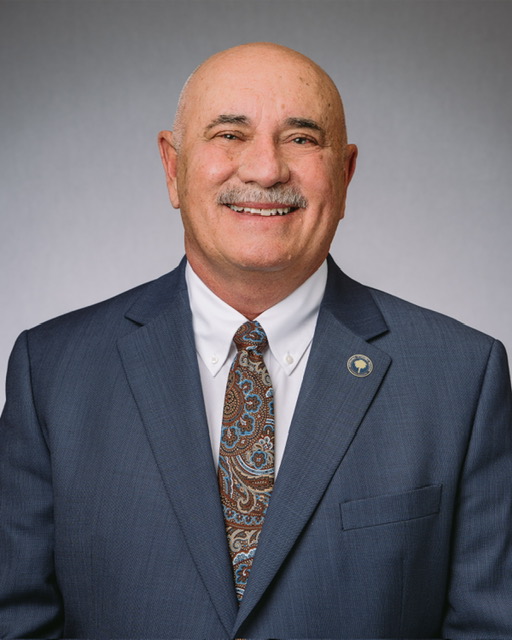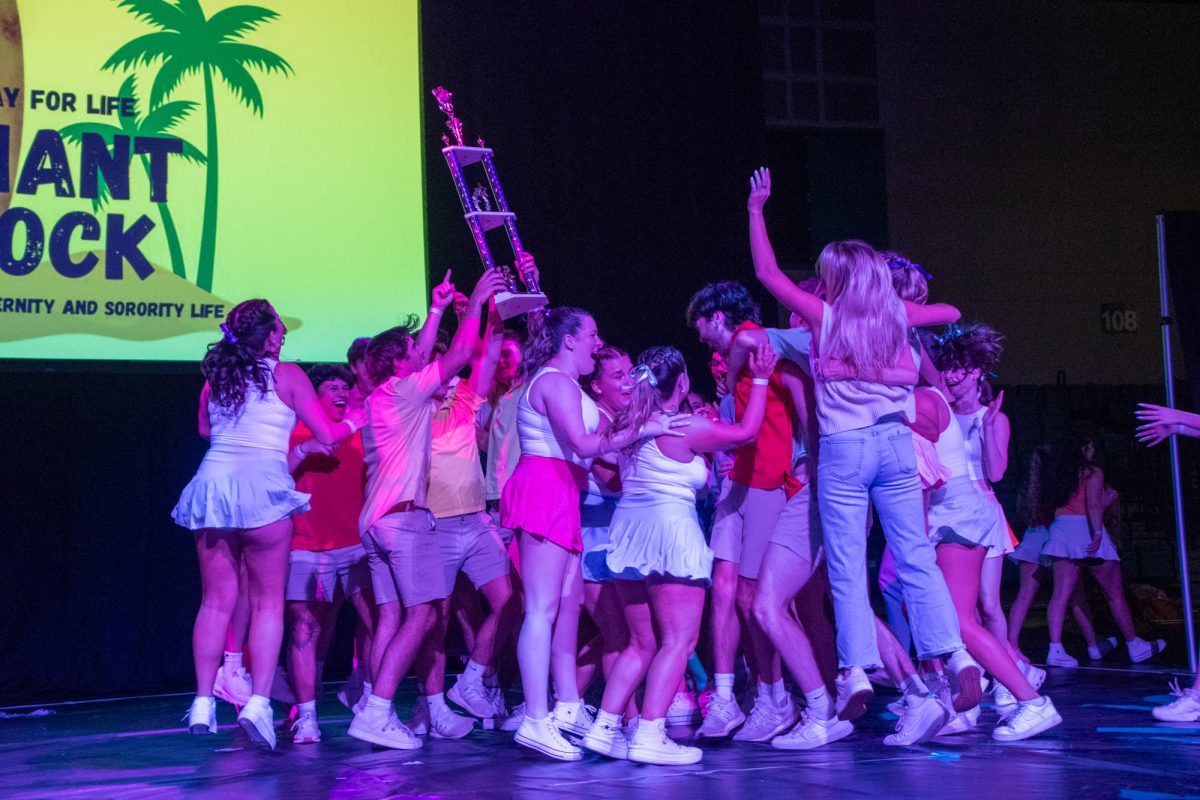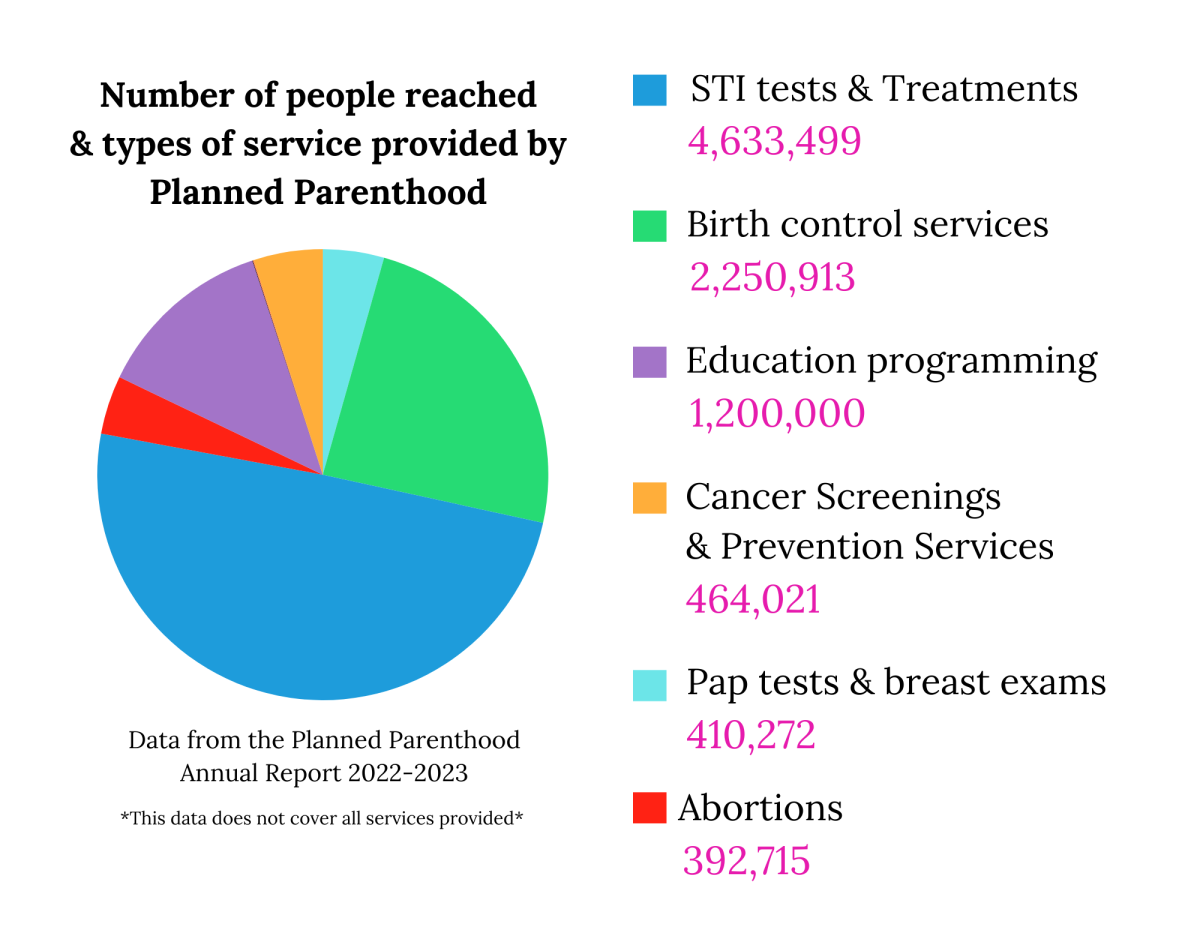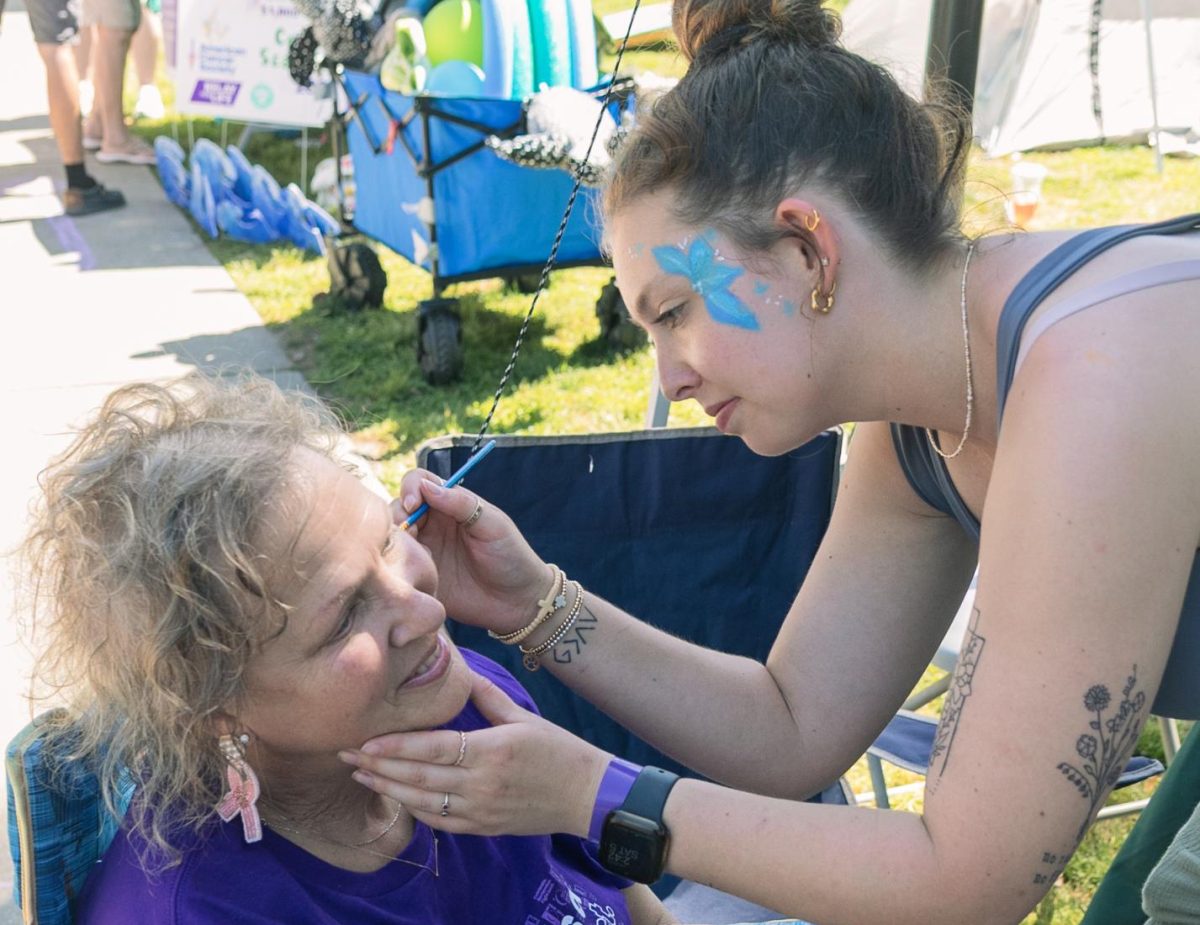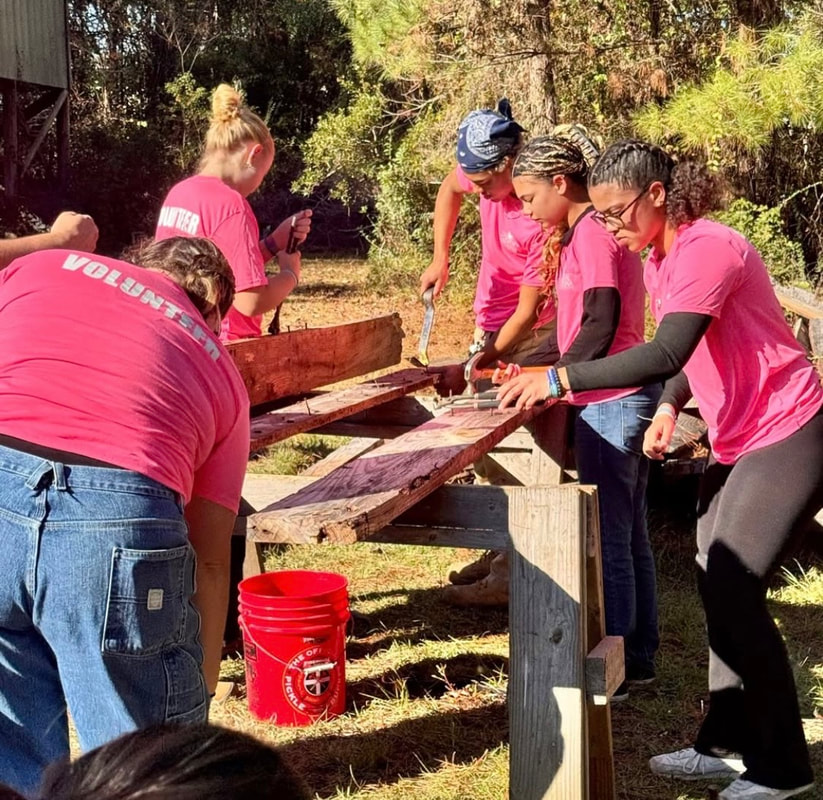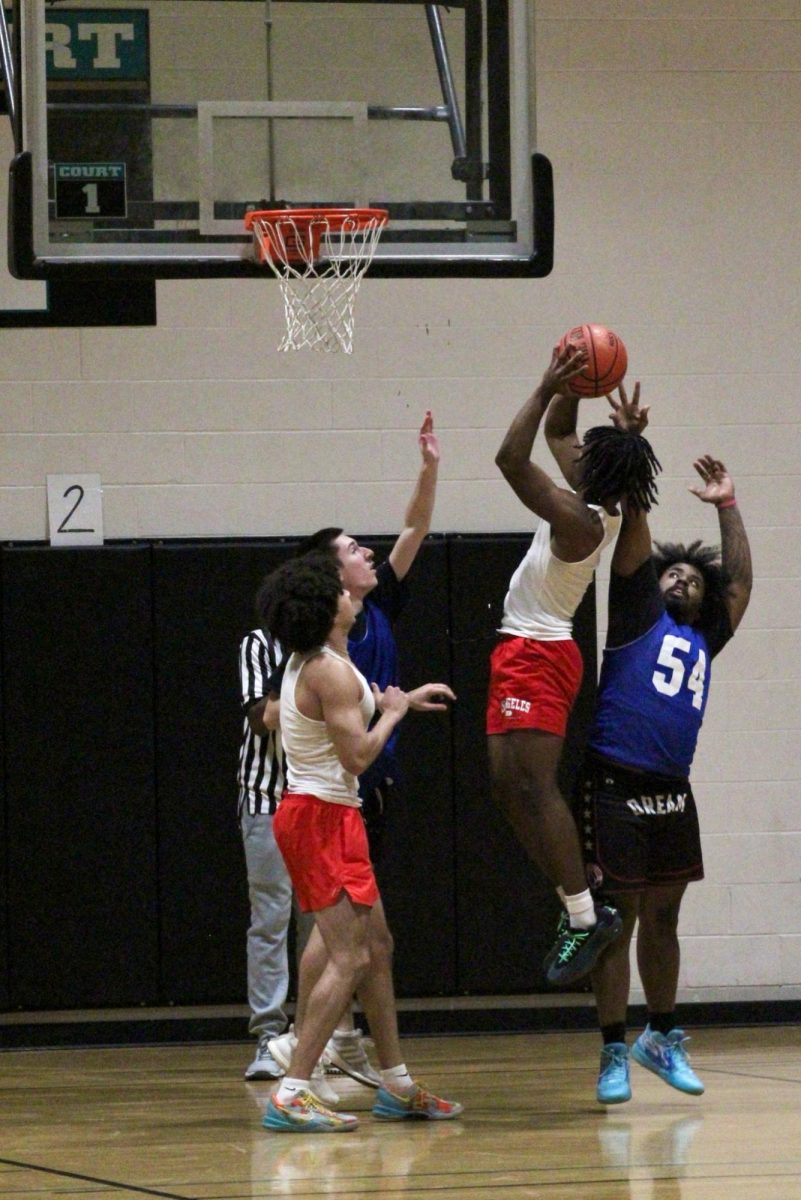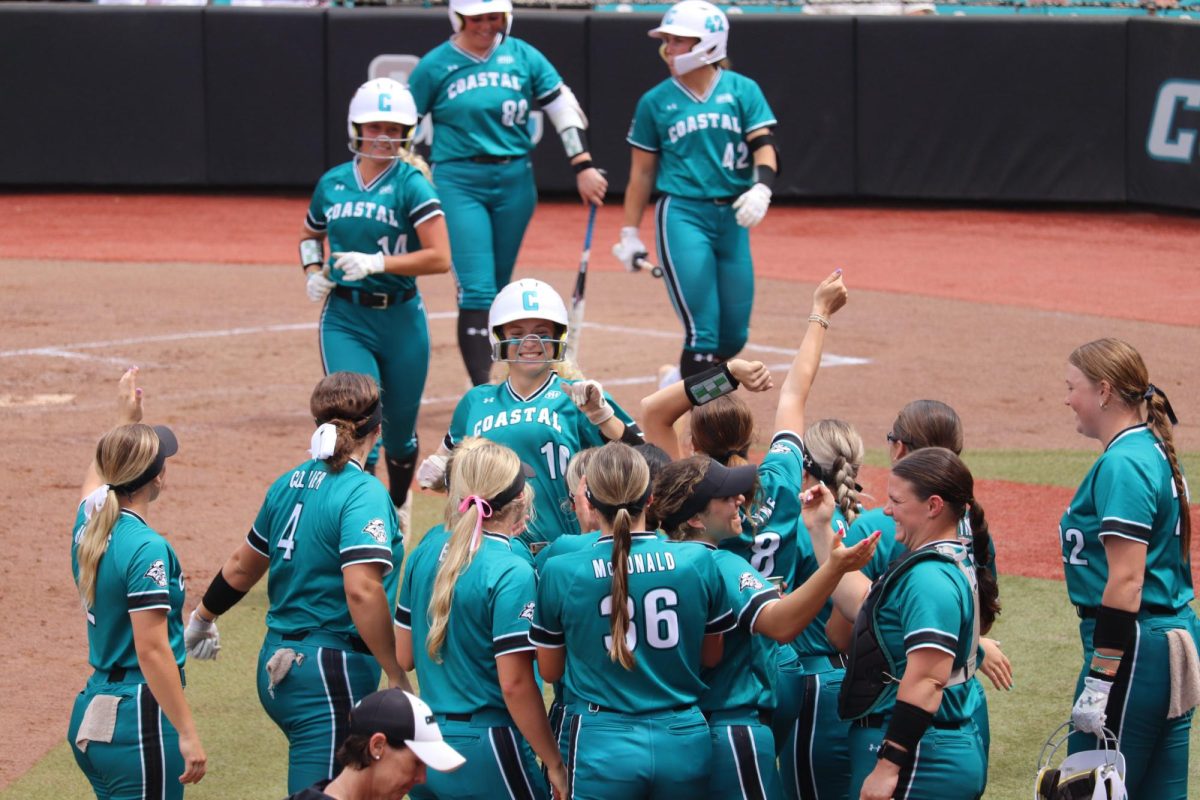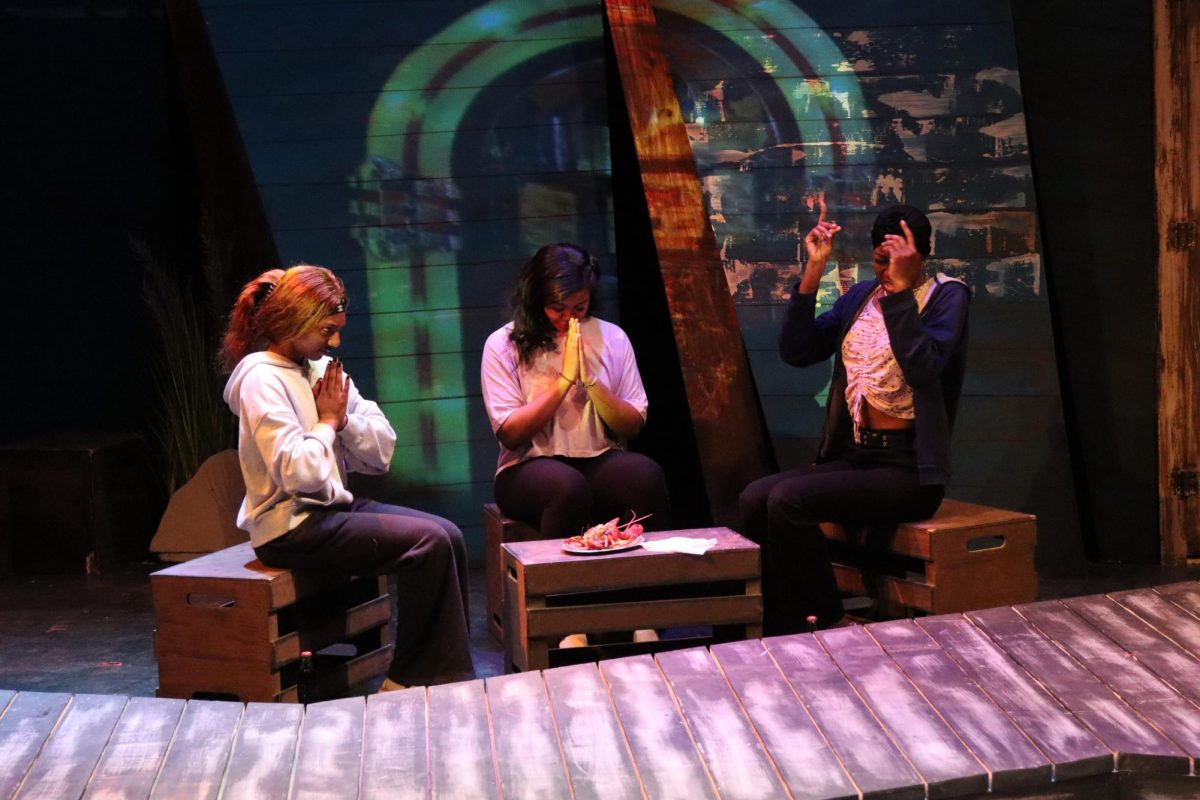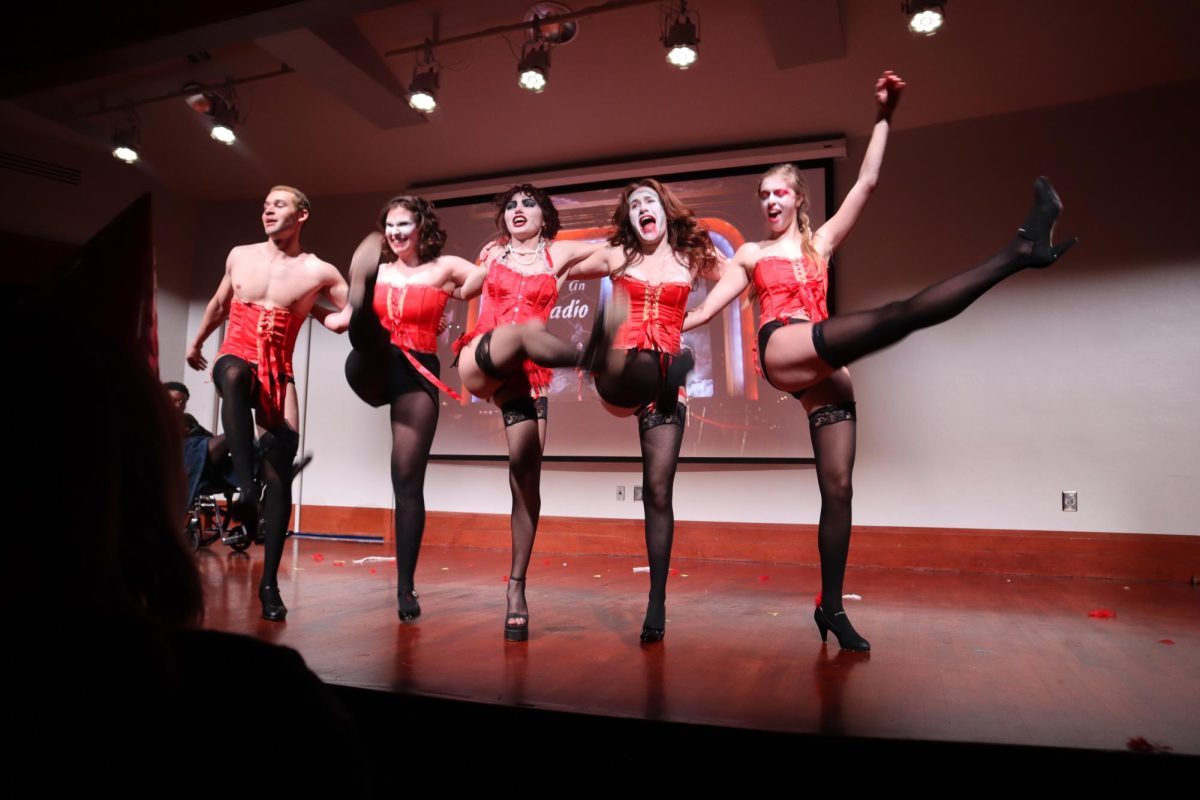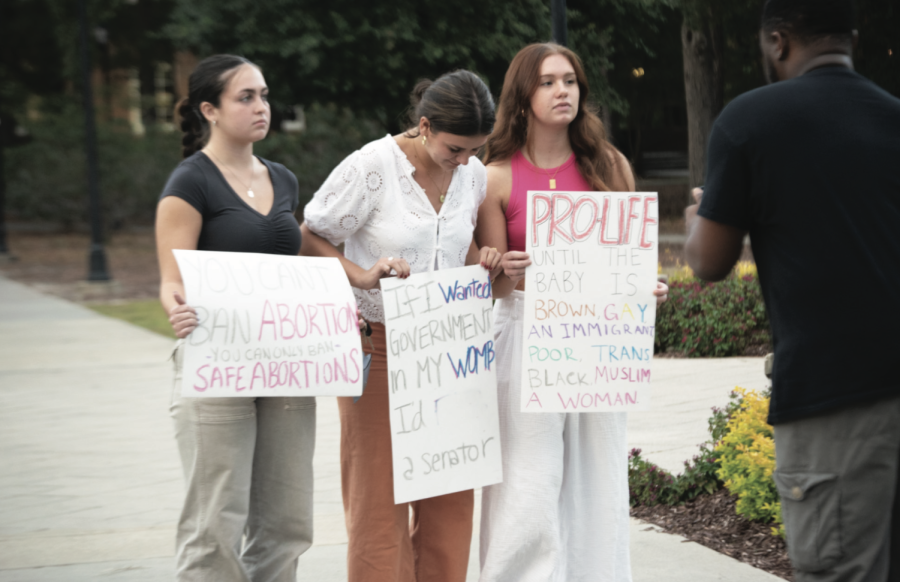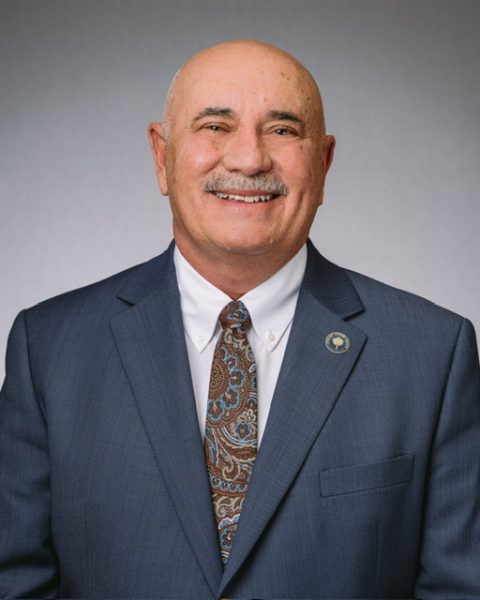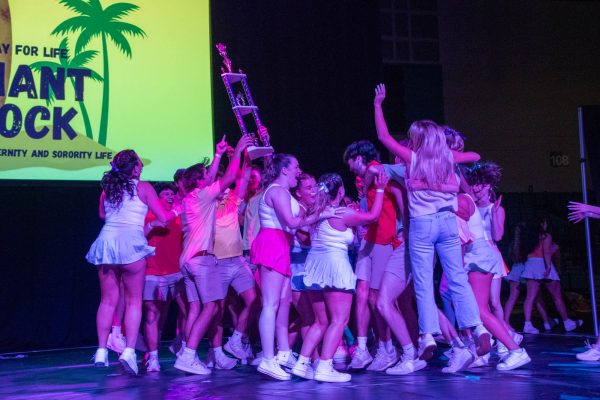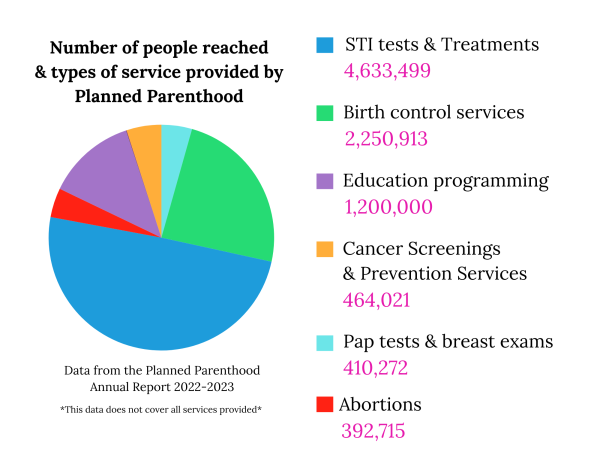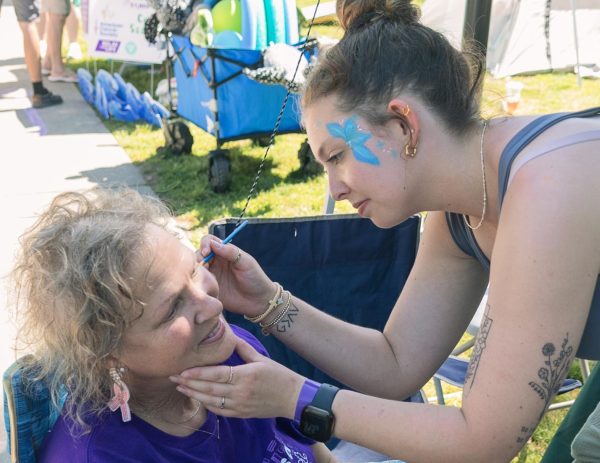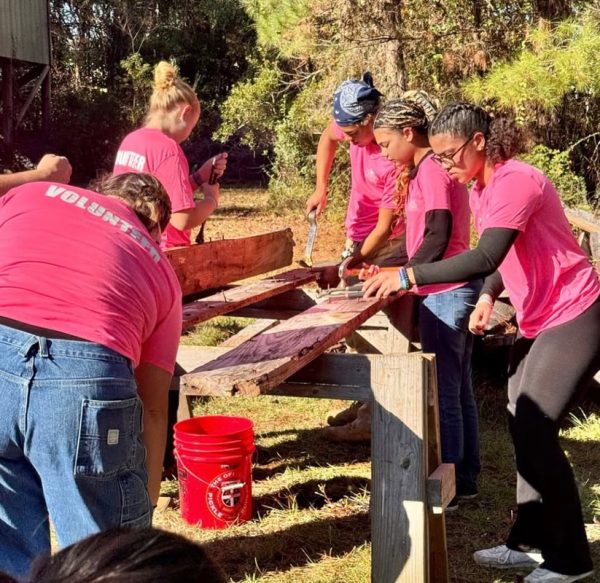Fate of reproductive rights hangs in balance: Law banning abortions after six weeks still being challenged in courts
Three students attended the protest prior to the “My Body, No Choice” event on Prince Lawn.
Campus conversations about reproductive rights have heated up as the November elections near.
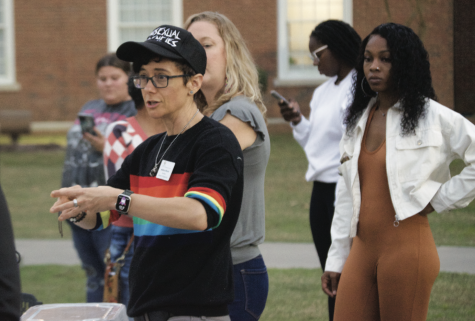
The Supreme Court overturned Roe v. Wade on June 24. The landmark decision granted Americans the right to abortion, and it sparked a nationwide melting pot of emotions.
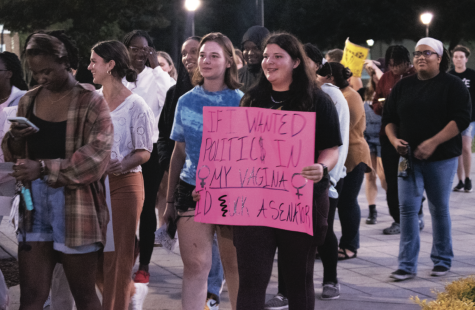
Legislators who oppose abortion rights were particularly quick with their response to the overturning. Three days after the Supreme Court ruling, a law banning abortions at around six weeks of pregnancy was blocked by the South Carolina Supreme Court. The law, however, is not in effect right now.
Grand Strand Action Together, a nonprofit organization that supports abortion, held rallies in Myrtle Beach after the ruling.
Abortion procedures currently are legal in South Carolina up until 22 weeks of pregnancy. After that time period, they are illegal with the following exceptions: if the pregnant person is at risk of death or a serious health concern, if the fetus is not expected to survive the pregnancy, or if the fetus is the result of rape or incest.
Neighboring states differ in abortion rights. For example, North Carolina allows abortions to be performed if the pregnancy is 20 weeks and six days along and earlier. In Georgia, abortion is illegal after the first six weeks of pregnancy, which is calculated by the first day of the woman’s last menstrual cycle.
Students and faculty have shared their views on the controversial ruling through several mediums on campus. Coastal’s theatre, music, and women’s and gender studies departments recently collaborated to produce a staged reading called “My Body, No Choice.” The piece was originally performed and commissioned by Arena Stage in Washington, D.C., and is now being performed by several universities and theatres across the country.
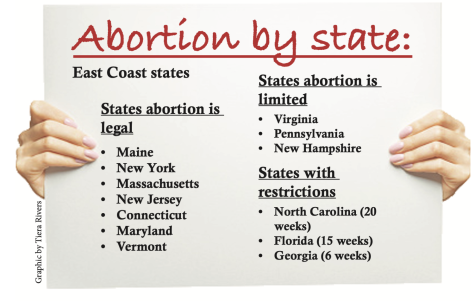
Hours before the performance on Oct. 26, the CCU Social Justice Club held a peaceful demonstration to protest the overturning of Roe v. Wade.
Senior and co-president of the Social Justice Club Adonya Pertell said the event was held in an effort to create a safe and respectful space to have tough conversations regarding the impact of the Supreme Court’s recent decision to overturn Roe. A group of approximately 50 people attended to show their support for the cause.
“We’re the generation of the future. If we don’t stand up for ourselves, no one will. [We] can’t be afraid of opposers,” Pertell said.
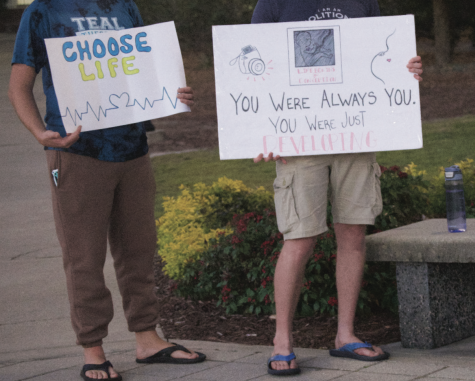
Not everyone in attendance, however, was there to show their support. Three members of Illuminate CCU, an anti-abortion organization on campus, were present with signs containing various anti-abortion slogans.
Jessica Newell, president and founder of the club, said she was there in hopes of having fulfilling conversations with people whose beliefs differ from her own.
“We want to tell people the truth about abortion. [We believe] women are often coerced into abortion,” Newell said. “We want people to know there is another way out. There are other resources available.”
Following the protest, Illuminate posted on social media about it. The post attempted to draw parallels between abortion, the Holocaust and slavery. The post said abortion is “the greatest genocide we’ve ever seen, and the greatest genocide we will ever see.” It currently has over 100 comments, most of which are from people expressing their disagreement with the post’s content.
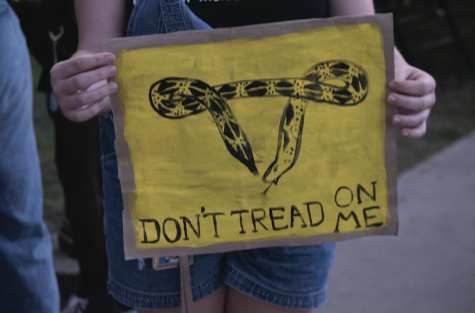
Abortion rights supporters and challengers have focused on who has the power to make the decision to terminate a pregnancy. Associate Professor of political science Mikel Norris said politics is about who gets what power.
“The divisiveness surrounding abortion completely hinders progress. The court created the divisiveness simply by making the decision. [The Supreme Court] can’t create a right out of thin air,” Norris said. “The issue needs to be fought out by officials elected by the people. From a policy perspective, leaving the decision to the people is the best thing to do.”
In the aftermath of the ruling, the future of abortion in South Carolina is unclear. A lot is dependent upon the upcoming gubernatorial election on Nov. 8.
Democratic candidate Joe Cunningham said during a recent debate he supports the 24-week timeline that was set under the Roe v. Wade ruling. Incumbent Gov. Henry McMaster, the Republican gubernatorial candidate, opposes Cunningham’s position. A year prior to the overturing of Roe, McMaster signed the Fetal Heartbeat Protection From Abortion Act in February, 2021.
